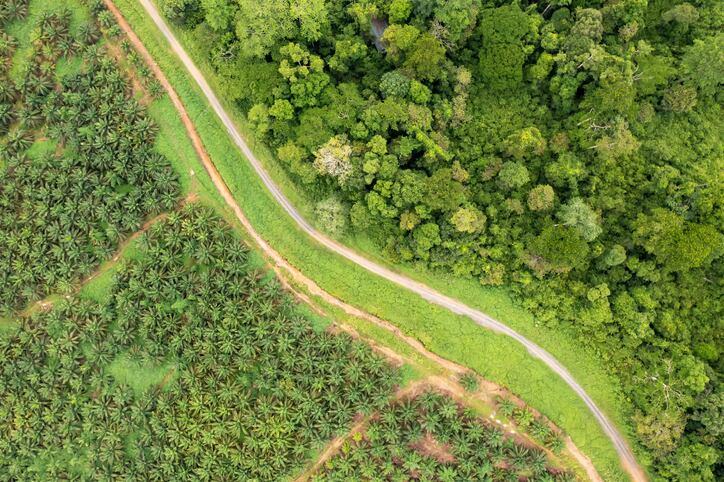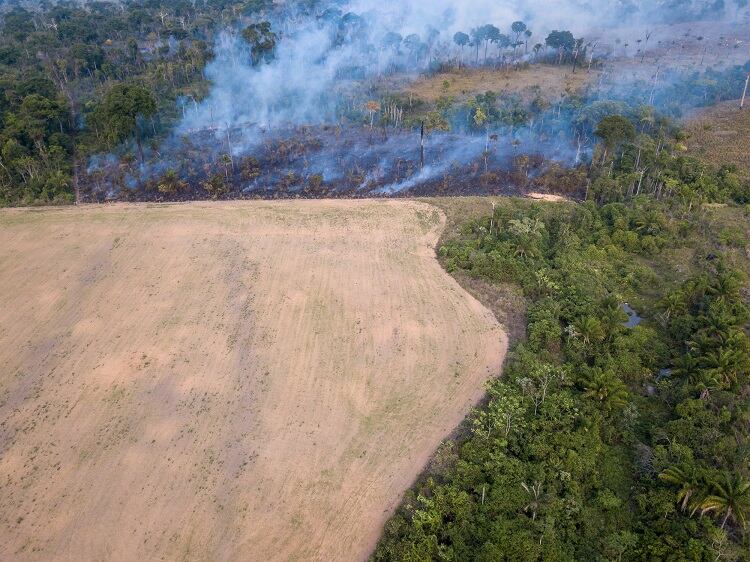Once adopted and applied, the new law will ensure that a set of key goods placed on the EU market will no longer contribute to deforestation and forest degradation in the EU and elsewhere in the world. All relevant companies will have to conduct strict due diligence if they place on the EU market, or export from it: palm oil, cattle, soy, coffee, cocoa, timber and rubber as well as derived products such as beef, furniture, or chocolate.
The political agreement comes just 12 months after the EU Commission's original proposal, released in November 2021. The final document builds on the core features found in that version, namely: tackling deforestation regardless of whether it is legal or illegal; strict traceability requirements linking the commodities to the farmland where they were produced; and a country benchmarking system.
The European Parliament and the Council will now formally have to adopt the new regulation. Once in force, operators and traders will have 18 months to implement the new rules. Micro and small enterprises will enjoy a longer adaptation period, as well as other specific provisions.
The Commission shall evaluate no later than one year after the entry into force of the law whether to extend the scope to other wooded land. No later than two years after its entry into force, the EU executive will also determine whether it would extend the scope of the regulation to include other ecosystems, including land with high carbon stocks and a high biodiversity value, as well as extending the legislation to other commodities.
Rapporteur, Christophe Hansen, said: “It wasn’t easy but we delivered a strong and ambitious result ahead of the biodiversity COP15 conference in Montreal. Moreover, we ensured that the rights of indigenous people, our first allies in fighting deforestation, are effectively protected. We also secured a strong definition of forest degradation which will cover an extensive area of forest.”
'A necessary initiative'
EU ag trade groups, COCERAL, FEDIOL, and FEFAC, acknowledged the efforts to swiftly strike a deal and set an ambitious EU framework that will prevent commodities associated with deforestation to be marketed in the EU. “An EU regulation tackling deforestation is a necessary initiative which should give a strong signal to players and governments around the world.”
They welcomed aspects of the final version such as the timeline for implementation of 18 months, and the lower percentage of checks for low-risk countries, as well as the fact that the agreement refrains from broadening the scope to maize and to other ecosystems from the outset.
Traceability concerns
However, they believe that the requirement for traceability and implied chain of custody, as defined, will have several unintended consequences.
“These consequences will be felt deeply, particularly as this may lead to the exclusion of smallholders, the most vulnerable players in these supply chains, given the tight implementation deadline, or to disinvestment from high-risk areas.
"Failure to set in place similarly ambitious accompanying measures for government-to-government engagement and partnerships, with incentives and support, will not help overcome the many legal, organisational, or logistical impediments arising, as operators will be looking at implementing the EU regulation throughout these complex supply chains.”





